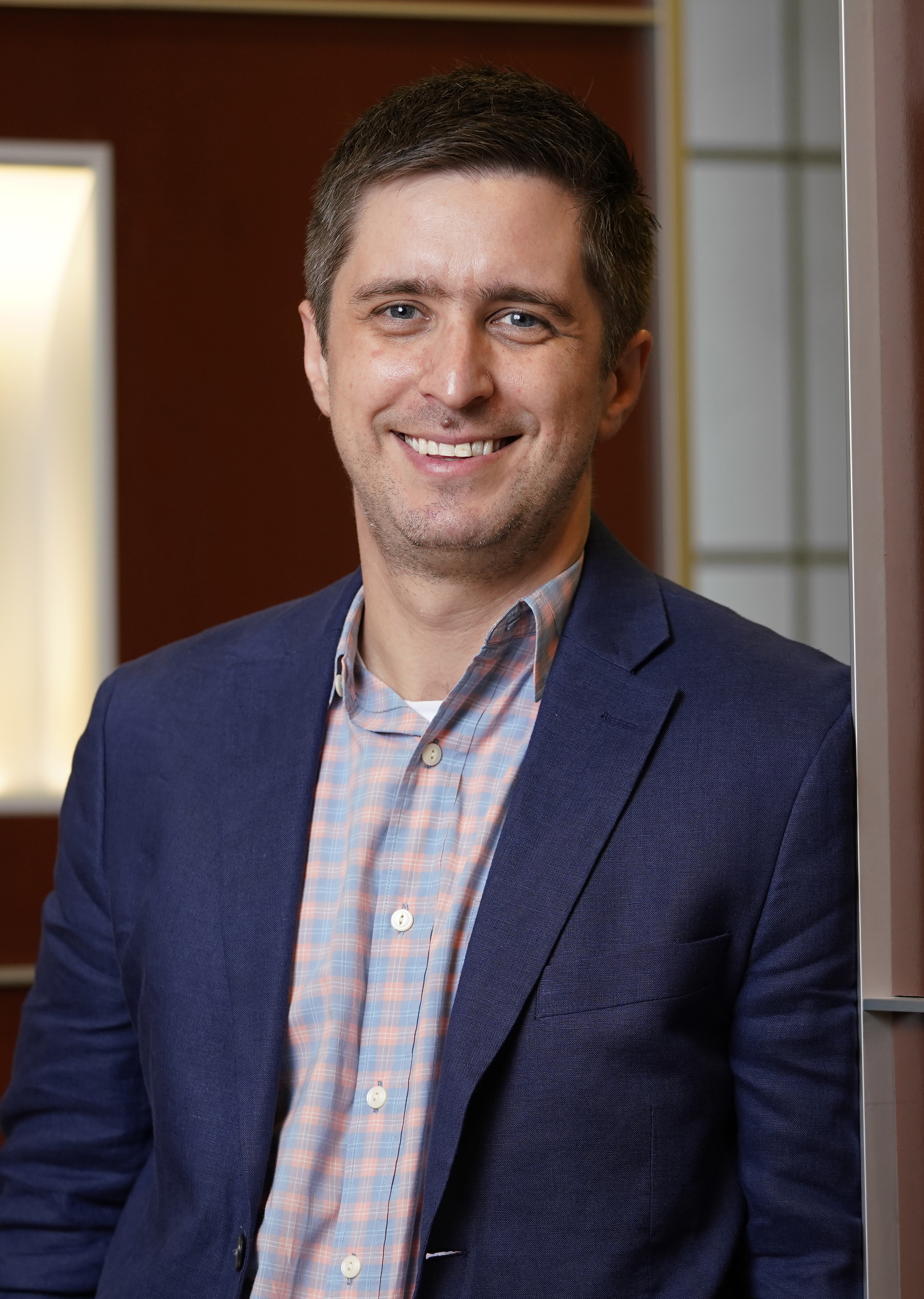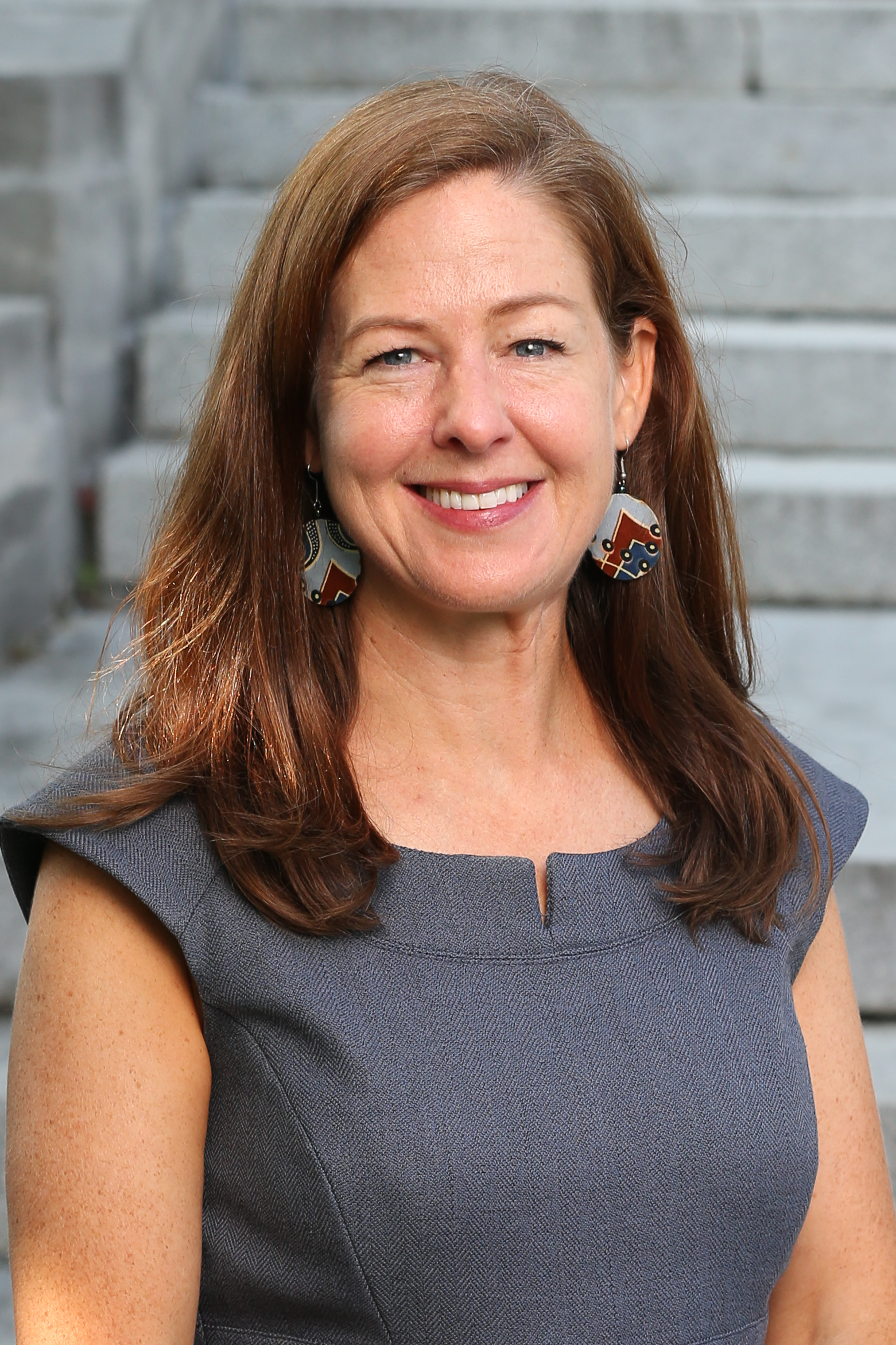Instructors, Facilitators and Participants
Instructors
John Graves (Vanderbilt University)
John Graves, Ph.D. is Professor at Vanderbilt University School of Medicine, where he holds appointments in the Department of Health Policy and the Department of Medicine. Dr. Graves directs the Center for Health Economic Modeling at Vanderbilt University Medical Center, and is a faculty affiliate of the Vanderbilt Institute for Global Health (VIGH) and the Vanderbilt Ingram Cancer Center.
Graves’ career spans nearly 20 years conducting interdisciplinary research at the intersection of health economics and health care policy. The focus of his work is on the use of econometric and decision analytic methodologies to inform the development, implementation and evaluation of health care reforms at the state and federal level. His research contributions include modeling efforts that informed both the 2006 Massachusetts health reform legislation and the 2010 Affordable Care Act, for which he served as lead modeler for the White House Office of Health Reform.
Since joining Vanderbilt in 2011, Graves has led and published research projects on novel methods for identifying provider shortages, on the returns to hospital spending and quality, and on the value of genetic screening in diverse health system populations. He currently leads two large federally-funded research grants on the health effects of insurance coverage expansion among safety net patients in the South, and on the implications of provider network design for access and competition in health insurance markets.
Graves earned his BA in Economics and English from The University of the South in Sewanee, Tennessee. He holds a Ph.D. in Health Policy from Harvard University and is the recipient of fellowships and awards from the Agency for Health Care Research and Quality, the National Institute on Aging, the National Bureau of Economic Research, the American Statistical Association, and the National Academy of Social Insurance. He has taught and consulted for the Master’s in Public Administration in International Development at the Harvard Kennedy School, and is an affiliate of the Abdul Latif Jameel Poverty Action Lab at MIT.
Ashley Leech (Vanderbilt University)
Ashley Leech is an Assistant Professor in the Department of Health Policy at the Vanderbilt University School of Medicine. Dr. Leech’s research combines health services research and health economic methods to answer questions related to healthcare access, delivery, resource allocation, and use, and outcomes for reproductive-age women and their children. She is the Principal Investigator of an NIH/NIDA-funded career development award on Advancing Treatment Outcomes for Pregnant Women with Opioid Use Disorder where she is using decision science methodology to promote the coverage and adoption of high-value healthcare for pregnant women with opioid use disorder, a population that disproportionately faces major impediments to care.
Dr. Leech completed her post-doctoral training in Health Economics at the Center for the Evaluation of Value and Risk in Health (CEVR) at Tufts University School of Medicine where she focused on decision science methodology and received her Ph.D. in Health Services Research at Boston University School of Public Health.
Jinyi Zhu (Vanderbilt University)
Jinyi Zhu is an Assistant Professor in the Department of Health Policy. Her research focuses on applications and methods to inform decision-making for resource allocation in public health and health care. Specifically, her research falls into three main areas: 1) resource prioritization for the prevention and treatment of cardiovascular disease, 2) applied model-based cost-effectiveness analysis in other clinical areas including TB and HIV, and 3) methodological advances in disease simulation modeling (e.g., model calibration and validation).
Dr. Zhu received a Ph.D. in Health Policy from Harvard University. She also holds an MPH from Yale University and a BS in Biology and BA in economics from Peking University.
Marie Martin (Vanderbilt University)
Marie Martin is an Associate Professor in the Department of Health Policy in the Vanderbilt School of Medicine and serves as the Associate Director for Education and Training at the Vanderbilt Institute for Global Health (VIGH). She received her B.A. in English from Vanderbilt University and M.Ed. in International Education Policy from Vanderbilt’s George Peabody College of Education and Human Development. Dr. Martin completed her Ph.D. at Tennessee State University in Public Administration. Her research and teaching interests lie at the intersection of global health, public policy and education with a particular focus on agenda-setting and public finance.
As Associate Director of Education and Training, she is responsible for curricular and academic program development in global health at Vanderbilt and abroad. Dr. Martin specializes in capacity-building initiatives for students, trainees and faculty from the U.S. and low- and middle-income countries. This capacity-building work includes developing curriculum, building robust training and education programs, and academic program evaluation.
Dr. Martin was a Fulbright Scholar to Japan in international education and worked for three years at the Global Education Office at Vanderbilt developing international service-learning programs. Her professional background includes seven years as an assignment editor for CNN and four years in the Czech Republic, primarily managing a parliamentary internship program for Czech university students under the direction of the European Union. Prior to her current role, Dr. Martin served as the Assistant Director for Education and Training at the Vanderbilt Institute for Global Health (VIGH).
She is currently the Director of the Global Health track of the MPH Program and Chair of the VUMC Global Health Education Committee. Dr. Martin also serves as a course director for MPH Project Development, Global Health Politics and Policy, and the Global Health Integrated Science Course (ISC).
Christine Whitmore (Vanderbilt University)
With a Ph.D. in Sociology from the Johns Hopkins University, Dr. Whitmore is social science and public health researcher with over 29 years of professional experience in project management, evaluation, and analysis in the fields of program evaluation, process evaluation, program improvement, primary data collection, health care services, metric development, mental health, resiliency, substance abuse, and emergency preparedness.
Dr. Whitmore is currently a Research Associate Professor and Director of Operations in the Department of Health Policy at Vanderbilt University’s School of Medicine. As such, she coordinates grants and development activities for faculty of the Department of Health Policy. She writes, updates, and edits grant proposal text concerning department infrastructure, programs, context and strategic initiatives.
Additionally, Dr. Whitmore is actively involved in the coordination and management of funded research projects within the department including the Sentinel study sponsored by the Food and Drug Administration and the Centers for Disease Control and Prevention’s Emerging Infection Program.She is an experienced questionnaire designer for small and large scale surveys with qualitative experience in cognitive interviewing, focus groups, and key informant interviews.
Grace Ratcliff (Vanderbilt University)
Grace Ratcliff is a Data Analyst at the Center for Health Economic Modeling at Vanderbilt University Medical Center. Leveraging her MPH in Health Policy and a strong foundation in mathematics and business, she focuses on applying health economic methods to support physician research and improve healthcare quality.
With 7+ years of experience in marketing and consulting, Grace excels in data visualization and effective communication. Her passion lies in using data-driven insights to address critical health policy questions.
Facilitators
Emily Myers (Vital Strategies)
Emily Myers is a Senior Technical Advisor for Data Impact at Vital Strategies. In this role she oversees the Data to Policy program, working with ministries of health to strengthen public health policy analysis and data use. With a background in economics and public policy, Emily has worked with governments in Asia and Latin America on various initiatives related to evidence-informed policy design. At Harvard University’s Center for International Development, she oversaw capacity strengthening and research initiatives in Asia and the Middle East, and spearheaded a blended learning training program—Building Capacity to Use Research Evidence—rolled out to more than 4,000 civil servants in South Asia. As Project Director for the Malaysia Health Systems Research project at the Harvard Chan School of Public Health, Emily worked with international researchers and the Malaysian government to develop a comprehensive analysis of health system performance and assessment of reform options. Emily also worked in the Mexican government as a Senior Advisor to the Director General of the Mexican Social Security Institute, where she analyzed preventive health and primary care initiatives. She holds a Master’s in Public Administration in International Development from the Harvard Kennedy School.
Chandra Dhakal (CDC Foundation)
I am an applied micro-economist. I got my Ph.D. in Applied Economics at the University of Georgia, Athens, GA. My research focus on food and health economics, and demand and price analysis. Specifically, I leverage microeconomic theories and structural econometric models combined with large household and retail scanner data to study various policy-driven food and health-related issues.
My research interests are broad and encompass several other fields in applied economics, including evaluating the impacts of US safety net programs (Unemployment Insurance, SNAP, WIC, and Medicare/Medicaid) and other health programs/initiatives. In my research, I use theoretical and empirical approaches to study these topics.
I also pursued a dual Master’s degree in Statistics from the University of Georgia in 2021. I hold a Master of Science in Agricultural and Applied Economics from Texas Tech University, Lubbock, TX, and a Bachelor of Science in Agriculture with a concentration in Agricultural Economics, from Tribhuvan University, Nepal.
Andrew Ancharski (CDC Foundation)

Andrew Ancharski is the Epidemiology and Health Policy Trainer at the CDC Foundation as part of the Data for Health initiative. His passions include education, infectious diseases, epidemiology, and data science. Prior to joining the CDC Foundation in August of 2022, Andrew worked as an epidemiologist at the Philadelphia Department of Public Health for six years. There, he worked with the Tuberculosis Control program, the Sexually Transmitted Diseases program, and the AIDS Activities Coordinating Offices. During the early stages of the COVID-19 pandemic, Andrew was involved in many aspects of the response, including training the data team that was deployed for testing.
Andrew received his first master’s degree in Parasitology and Tropical Medicine from Tulane University, and then his MPH in Epidemiology from the University of Colorado. His schooling took him to Peru, where he worked with neglected tropical diseases and increasing health knowledge among indigenous Amazonian, and to Thailand, where he helped to develop a diagnostic test for the endemic helminth Opisthorchis viverrini.







